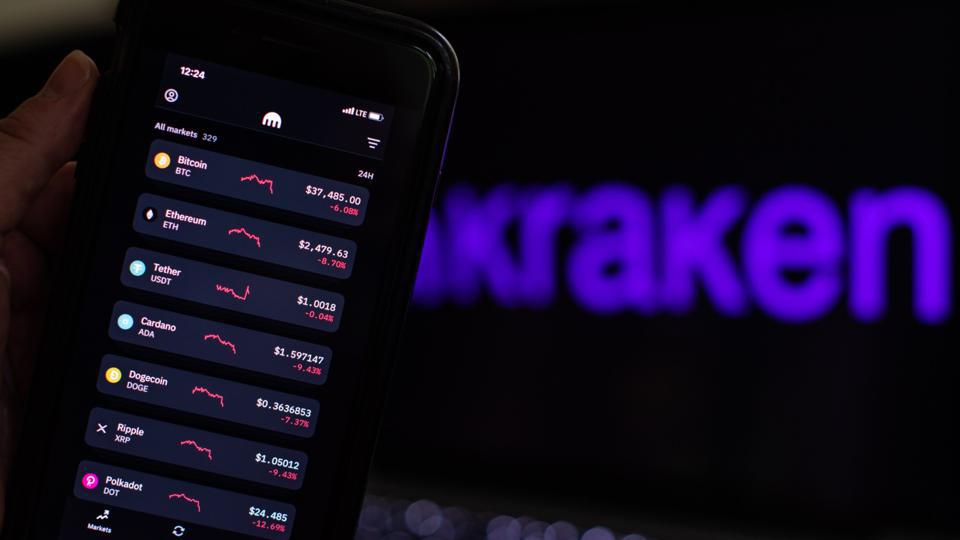US crypto exchange Kraken is set to share 42,000 users’ data with the Internal Revenue Service (IRS) in compliance with a court order. Indeed, the information is set to be shared with the agency in early November after receiving a court summons.
Specifically, Kraken notes that the summons calls for the production of “a wide range of records and data” on US users. Additionally, they noted that the order arrived from the US District Court for the Northern District of California in 2021. Subsequently, Kraken objected to the summons initially. Thereafter, they followed through on legal action, in which the number of users affected was reduced.


Also Read: Kraken Co-Founder Criticizes Reddit’s Removal of Reward System
Kraken to Comply With Court Order Requiring the Sharing of User Data With the IRS
The United States has continued its rather tumultuous relationship with the digital asset sector. Indeed, the country has been entrenched in a battle over regulatory standing and legality. Subsequently, the government is still in the midst of establishing clear legislation to police and enforce the industry.
Now, a US-based crypto exchange, Kraken, is set to share 42,000 users’ data with the IRS in compliance with a court order. Indeed, the exchange has confirmed the court order. Specifically, the company noted that it called for “a wide range of records and data” on its US users. Therefore, that information is set to be sent to the government agency in November of this year.


Also Read: Kraken Crypto Exchange to Launch Stock Trading
Kraken notes that the number of users the agency sought was previously higher. Specifically, they noted that an objection to demands led to a reduction in the number of clients that would be affected. Still, the court had ordered Kraken to produce transaction data for clients exceeding $20,000 in transactions during any year between 2016 and 2020.
The order specified the list to include those who have made no transactions but deposits and withdrawals. Conversely, the data is set to include names, birth dates, addresses, tax identification, contact information, and transaction history. Moreover, the situation is reminiscent of a similar 2018 development. Then, the IRS required the user data of more than 13,000 Coinbase clients.





